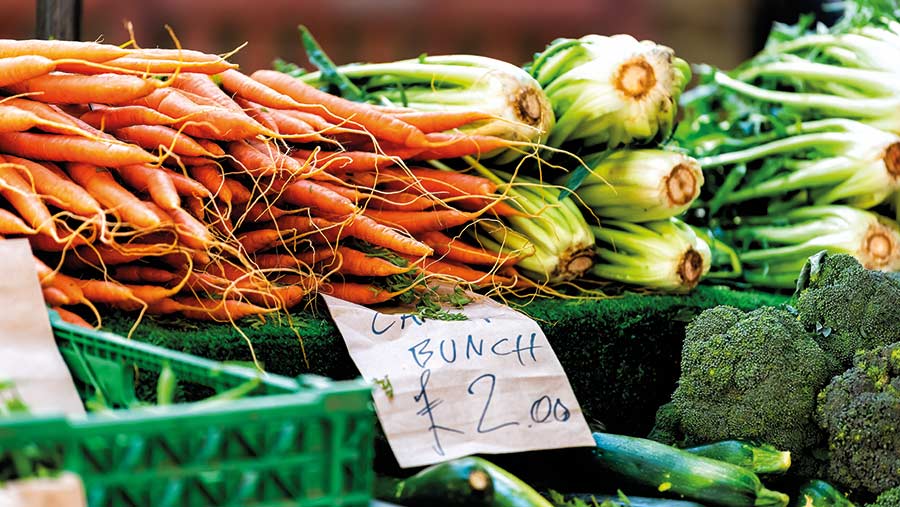Fury after Oxfordshire council moves to ban meat and dairy
 © Adobe Stock
© Adobe Stock Farmers have reacted angrily after Oxfordshire County Council passed a rule banning meat and dairy products from being served at its official events.
Green Party councillor Ian Middleton put forward the motion to ensure that all council catered events and meetings “are entirely plant-based”.
Cllr Middleton, who has been a vegan for 12 years, also wants to ensure that council school meals services have plant-based menus available as part of their regular offer at least two days a week.
See also: Scientists challenge red meat unhealthy claims
The motion was passed by Oxfordshire County Council’s ruling Liberal Democrat, Labour and Green Party alliance at its full council meeting on Tuesday (14 December). It will now be referred to the cabinet for a final decision – and if approved, officers will later implement the policy.
The motion stated that global meat and dairy production was “a significant contributor to greenhouse gas emissions and deforestation” and that reducing consumption of these foods was “a key part of tackling climate change”.
It also cited the government’s independent Climate Change Committee advice that meat consumption should be reduced by 20%, and that public bodies should promote plant-based foods.
Conservative county councillor David Bartholomew criticised the decision. He told the Oxford Mail the motion was “unacceptable” and that veganism should be a choice.
‘Madness’
Richard Lovett, a dairy farmer based in Chipping Norton who supplies milk under a contract with Arla Foods, described the motion as “madness” and “not representative of the people of Oxfordshire”.
He said: “People are entitled to their own views, but the value of meat and dairy to the diet of growing children cannot be underestimated. Dairy offers a significant proportion of the calcium needed in a child’s diet.
“The link between global warming and meat and dairy production is not fully understood. The ruminant is part of the picture, but not the demon.”
Another prominent Oxfordshire farmer, who asked not to be named, expressed surprise at the motion.
“They have taken the advice of a reduction and gone for a 100% move, which seems to me like someone is peddling a different agenda,” the farmer suggested.
“The whole argument about the environmental impact of livestock farming is hijacked by the carbon debate and ignores any of the plus sides of red meat in the diet in a sensible proportion and of decent quality.
“Meat from grass-fed livestock reared in the UK has a far lower environmental impact than intensively farmed meat reared from a soya and maize feedlot system in South America. You are not comparing apples with apples.”
AHDB response
The AHDB’s head of environment, Jonathan Foot, said: “For society to succeed in creating a more sustainable food system, we must ensure the overall environmental impact of a food versus its nutritional benefits is fully considered, and not just based on cutting out high-carbon foods.
“This must also be based on the natural resources available to us here in the UK, as our climate and landscape mean raising cattle and sheep is a sustainable means of food production. As opposed to imported foods, which can often have much greater resource needs and detrimental overall environmental impact, not to mention chronic food waste.
“It is also important to offer individuals information and good options to allow them to make their own choices, as opposed to restricting them.”
